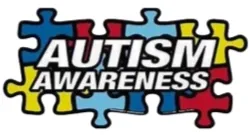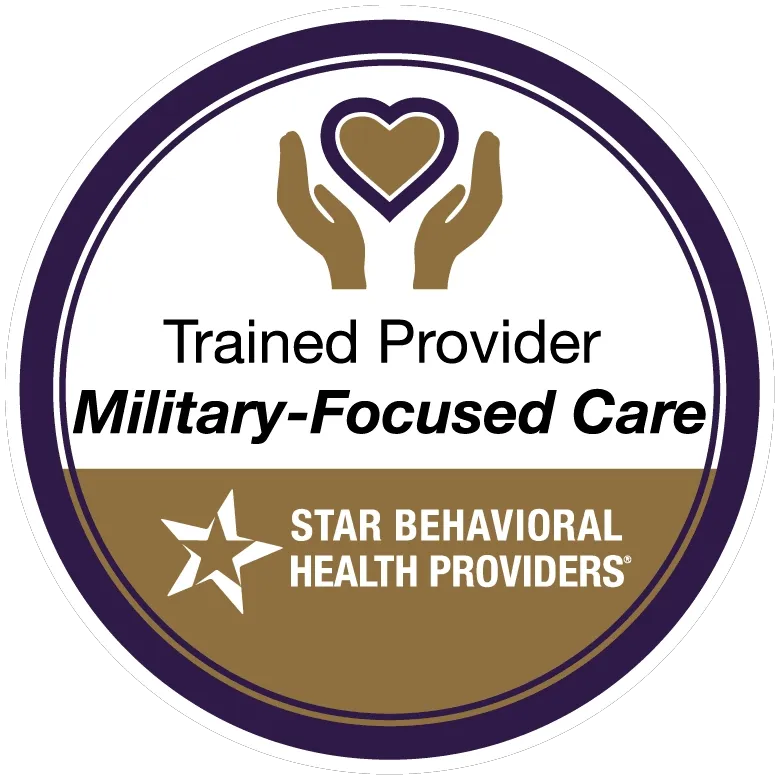Life is a balance of holding on and letting go ~ Rumi
Is Childhood Abandonment Affecting your Intimate Relationships? Karen Kerr, LPC, LCADC, NCC
Abandonment issues can cut us to our core. Many don’t recognize that the abandonment one may have suffered in childhood can have a major negative effect impacting adulthood.
Fear of abandonment or rejection can create fear, anger, anxiety and depression. As a result, relationships may be difficult to navigate, self-esteem is diminished and trusting others is never easy.
Negative behaviors or other obsessive compulsive behaviors are very common for individuals who have experienced rejection or abandonment from a primary care giver during childhood. This abandonment can be the consequence of a parent leaving the home due to divorce, death or even illness. Physical abandonment is not always necessary; a child can suffer rejection through emotional abandonment such as being ignored or even rejection that one experiences through bullying. These types of occurrences can be traumatic for a child regardless of age.
It is not uncommon for someone who has experienced childhood abandonment to self-sabotage relationships, careers, or friendships. When someone has difficulty trusting others there appears to be an unconscious need for the person to push others away. In a sense, the person will want to reject you first before you can reject them.
If you have ever loved someone who has done this then you can understand how frustrating this can be but it is even more maddening for the person who is doing it because a person who has experienced abandonment really wants to feel safe, secure and more than ever to be loved and validated.
Other signs that you may love someone with abandonment issues or have abandonment issues yourself is there is a strong need for control. Individuals may attach themselves too quickly, have a sense of neediness and they always give too much. When this person begins to feel that their partner is not reciprocating they will typically begin to resent the person and then set out to sabotage the relationship by creating emotional distance.
When a person begins to distance from a partner emotionally it usually happens on an unconscious level. For example, one may notice some of these negative behaviors when arguments occur for no good reason or the person may find one negative aspect about their partner and then over focus on the flaw. There will be difficulty in communication and there is an expectation that a partner will commit 100% to them but they will have trouble committing to their partner.
So, what is the answer? Simply, it may be found in what is known in the field of psychology as Attachment Theory.
In the book Attached, The New Science of Adult Attachment and How it can Help you find and Keep Love (2011) authors, Amir Levine, M.D. and Rachel S.F. Heller, M.A. provide a very thorough understanding of adult attachment that is relatable to anyone who may be experiencing this.
The authors provide comprehensive descriptions and good examples of the varied types of attachment styles that have been described as secure, avoidant and anxious. The book is a very good guide that can help someone understand their own attachment style and how it may be sabotaging significant relationships. They offer a solid approach to improve communication, deal with conflict, and skills to develop healthier relationship behaviors so that the abandonment issue does not continue to rule the relationship.
A mental health professional may also be a valuable resource that can help you or a loved one break painful relationship patterns or help understand how you may be sabotaging relationships.
Levin, Amir and Heller, Rachel S.F., (2011). Attached, The New Science of Adult Attachment and How It Can Help You Find and Keep Love. Penguin Group: New York, NY.











